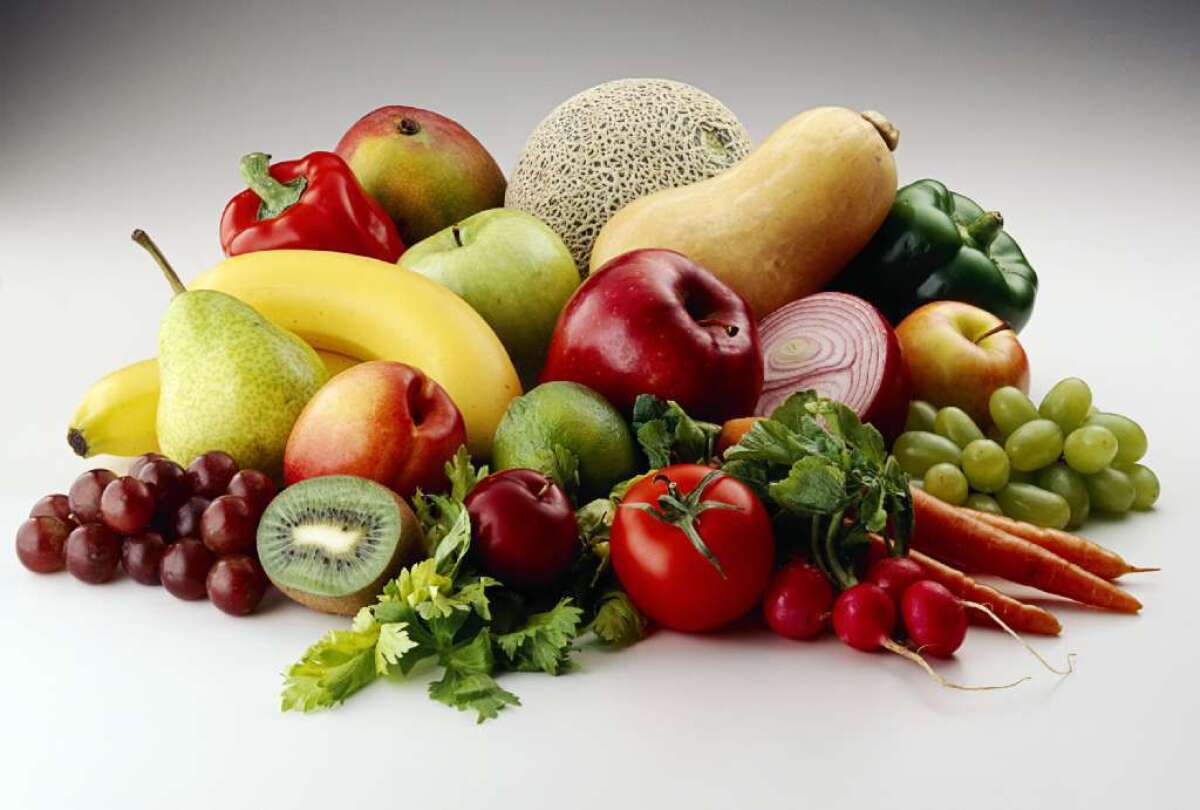Healthful eating is smart way to sustain brain power, study finds

A healthful diet might be your brain’s best protection against the ravages of age, says a new study.
- Share via
It’s official, no matter where you live: Healthful eating is among the best ways to protect your aging brain against slippage. Conversely, a diet that skimps on fruits, vegetables, whole grains, nuts and fish and includes lots of fried foods, red meat and alcohol is highly likely to pave a road to cognitive ruin.
That’s especially true if you already have some risks for developing cardiovascular disease, including hypertension, worrisome cholesterol levels or diabetes.
So says a new study that for just over five years tracked the diets and mental states of some 27,860 people, age 55 and over, in 40 middle- and high-income countries.
On average, 16.8% of the men and women followed were found to have lost some cognitive horsepower in the study’s five-year span. But that average obscures a clear pattern: Those whose diets were most healthful were least likely to experience cognitive decline, and those with the least healthful diets were most likely.
How significant was the effect? Compared to participants who reported eating diets that were least healthful, the most healthful eaters were 24% less likely to have experienced cognitive decline -- problems of memory, attention and reasoning ability -- over a roughly five-year period.
The authors of the latest research, which was published Wednesday in the journal Neurology, suggest that the quality of one’s diet might affect cognitive aging in a number of ways: Poor nutrition is likely to rob both body and brain of vitamins and minerals that not only promote the generation of healthy new cells but help guard against inflammation, help break down fats and protect cells from stress.
Limiting inflammation, stress and blockage is critical to keeping the brain’s lifeline -- its intricate web of large and small blood vessels -- open, and to keep one’s neurons thrumming.
With the incidence of Alzheimer’s disease in the United States alone expected to triple between now and 2050, diet may be a first line of defense, the authors suggest: “Improved diet quality represents an important potential target for reducing the global burden of cognitive decline,” they write.
Follow me on Twitter @LATMelissaHealy and “like” Los Angeles Times Science & Health on Facebook.







